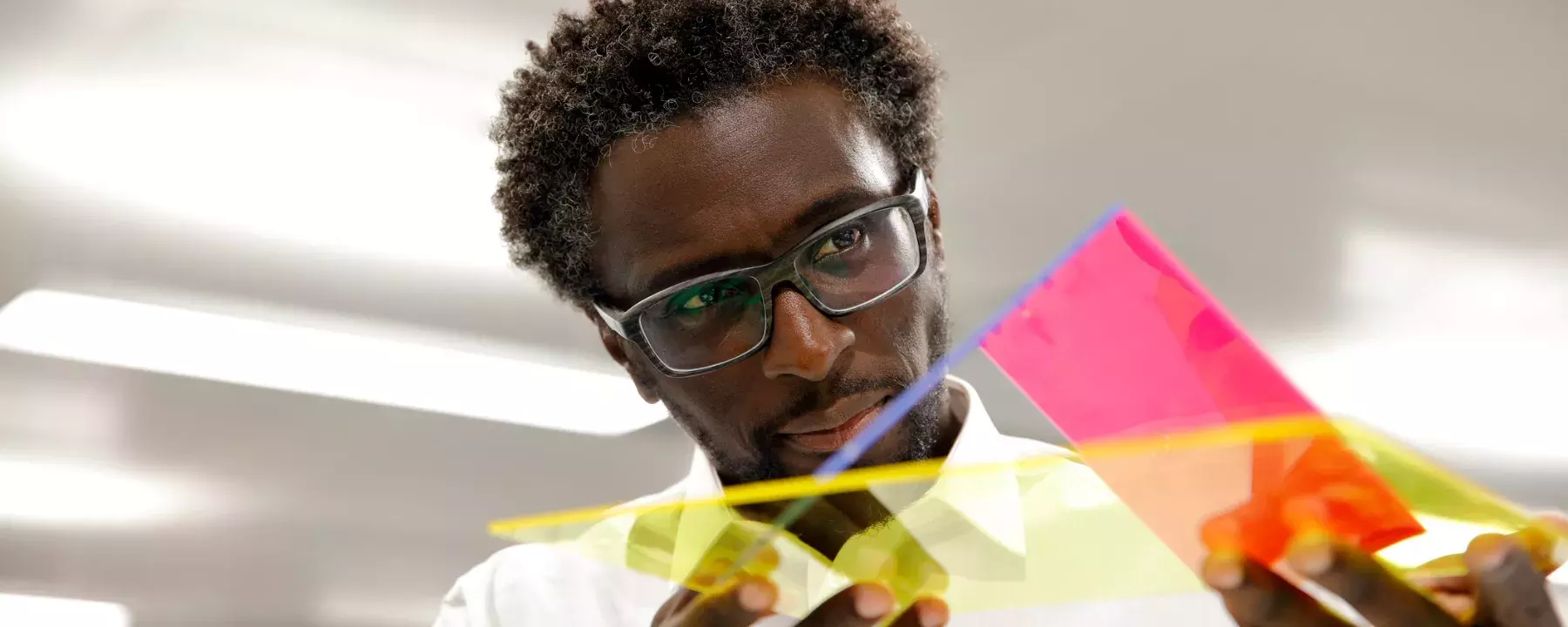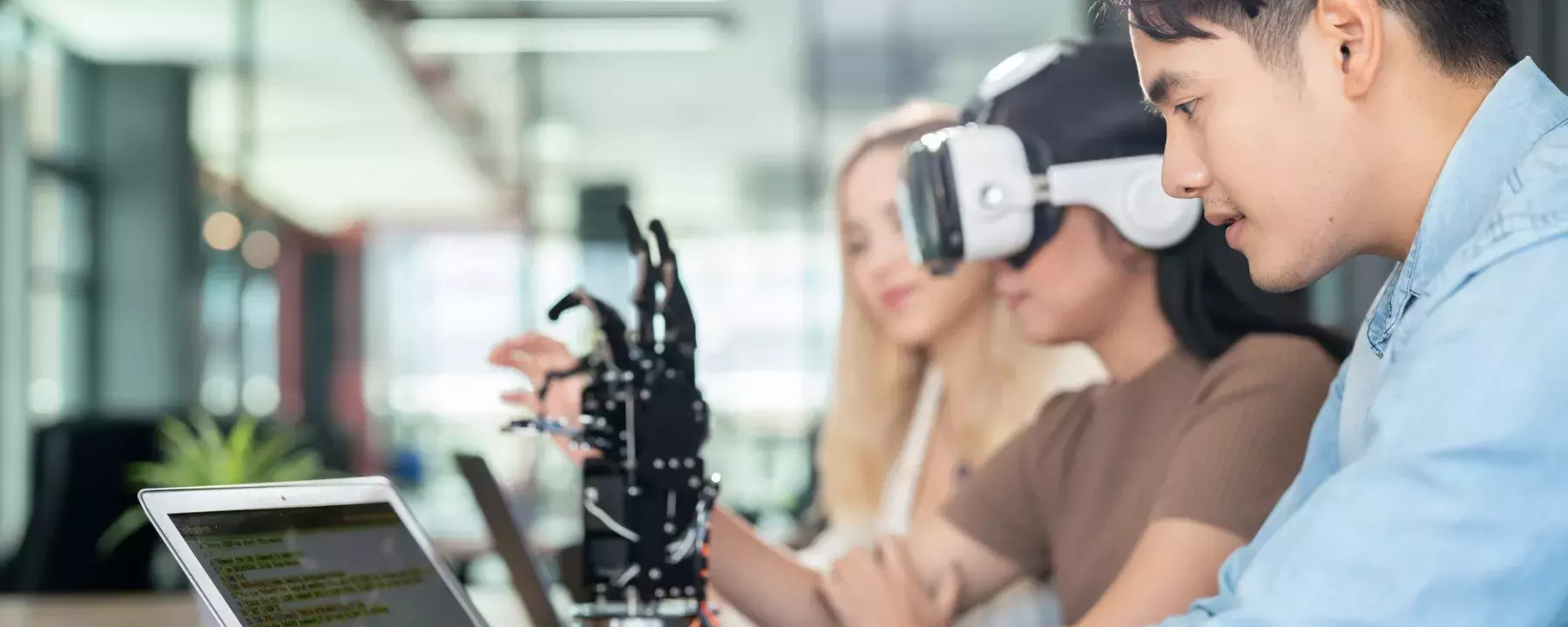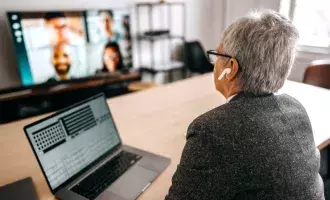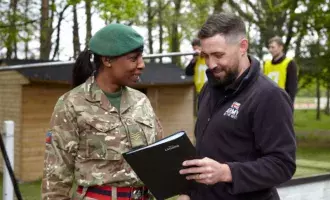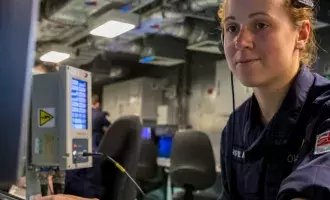Harnessing technology to scale and improve the learning experience
Many organisations have found it hard to clearly define and unlock value from their learning technologies. We all have an existing set of tools and systems, but a common theme is; ‘Am I getting the right level of return on investment from my technology, and how is it improving the outcomes for learning?’.
Whether you’re faced with clunky systems that don’t talk to each other, expensive and time-consuming manual work arounds, a less-than-ideal user experience, or you’re interested in unlocking greater value, our technology capabilities support you so your organisation can get the best from your learning ecosystem.
Ensuring technology works for, and with you
Our technology capabilities improve every learning solution, from introducing artificial intelligence and analytics to help you surface powerful insights across all areas of learning, to providing learning platforms in the cloud. We use augmented reality (AR), virtual reality (VR) and other immersive learning capabilities to deliver meaningful learning experiences and we take care of the logistics to make sure your learning delivers results.
We also focus on the less tangible opportunities offered by technology, providing a ‘birds-eye view’ to drive efficiency, reveal insight, and deliver human impact.
1.5 million
➥ online learning resources accessed & successfully completed using our proprietary learning experience platform
100,000+
➥ we migrated billions of data points to new learning platforms, revolutionising learning for 100,000+ Scottish local government employees
1,500
➥ we enabled the Department for Environment, Food & Rural Affairs to ensure the safety of imports entering the UK by training 1,500 staff on new animal product protocols post-Brexit

AI & automation
Harnessing latest trends in technology
We help you realise opportunities to drive efficiency and surface new and powerful insight across all areas of learning. We provide advice and implementations using in-house specialists and partners.

IT & ecosystem
Improving the connectedness of your experience
Our teams support you to develop cohesive, connected enterprise systems that allow data to flow where it’s needed and deliver a consistent, streamlined learning experience.

Data & analytics
Maximising actionable insight
We help you develop your data and reporting capabilities, leveraging best practice data management principles and robust tools to save time, improve experience, and maximise actionable insights.

Platforms & webtools
Supporting scalable learning initiatives
We deploy innovative cloud-based tools and platforms that underpin integrated learning initiatives. We develop bespoke web-based solutions and work with cutting edge specialist tech partners.

Hardware & immersive
Improving experience and impact
Our AR, VR and immersive learning capabilities deliver impact with all the logistics taken care of. We can provide ad hoc advice all the way up to a fully managed end-to-end program.
Using gamification to help police officers to combat crime
With 20,000 police officers joining the force by 2024, it’s crucial that they’re ready for the most modern crimes. We’re proud to have worked with the College of Policing to help deliver the latest training on using digital resources to solve crimes. Already delivering results, our engaging digital learning course has helped officers acquire the digital skills they need.




